100 Years Ago - part 5
While 1912 was the flowering of a golden age in itself, it
was, simultaneously, the twilight of an immediately preceding age of prominence,
indeed, one grand era upon another. It was a time of transition. This earlier, Victorian
era, was built upon the first output of the industrial revolution. The
Industrial Revolution had dealt kindly with our town. In its latter stages, it
was a time of barely imaginable opulence characterized by lavish displays of
wealth, of towering affluence. While the
country at large was awed by the magnificence of the Morgans, Carnegies,
Roosevelts and Rockefellers, Belleville
Let us take a deep breath, summon up our best imagining
powers, and allow ourselves to see the shadows of what once was in that time when
the kings of industry walked the lanes of our village. We can see it in our minds eye, yet we can
hardly believe what we see. Of course,
walking is not the way to go, we must be transported in a fine carriage drawn
by a matched pair of high-stepping horses whose hoof beats would sound in
unison. Dressed in our finest Victorian
fashions; gentlemen in neat cut suits, vests, cravats and spats, ladies in
afternoon frocks, flowers and picture hats; let's not forget to say
"How-do" to those in a passing carriage. Along Main Street, to the East, overlooking
hedgerows and between the spikes of hollyhocks, we see; the sparkling waters of
the Passaic with its man-sized sturgeons leaping, sailboats drifting, their sails puffed out with clean, fresh breezes and
we see the healthful waters for which our resort town were known. To the West
we would see one great mansion after another. The shady streets are lined with stately elms, great
oaks and graceful weeping willows.
We see remarkable homes with tall columns mimicking the
grandeur of old Athens, stately English
manor houses, Italianate mansions with their prominent towers - a favorite of
the period, grand, imposing Dutch
colonials, sea captains fantasies - replicas of villas seen in their world
travels, classic Victorians with those wonderfully wide wrap-around verandas
all bedecked with ornate gingerbread.
There were riverfront villas with fine docks for their owner's yachts.
Each entrance was finely designed and detailed to ensure you
that you were about to enter the residence of someone of consequence, someone
who understood elegance. Awnings shaded
almost every elaborately detailed window.
We cannot help but admire the stained glass windows, finely crafted
cornices and braces; no fashionable architectural detail was forgotten, the
wood crafters art was at its finest. At each manor there are stables with the finest horses, carriage houses with
carriages suitable for the royalty of the Industrial Revolution.
Gardening was an art form enjoyed by many a lady of the
manor. Everywhere there are beautifully manicured formal gardens, extended grounds,
We see trellises crowded with climbing roses, arbors, white picket fences,
gazebos, a wide variety of well cared for, delicate blossoms clamoring for our
admiration. Don't be surprised to see an
occasional peacock strutting about the grounds.
This is Belleville Main Street
Surviving images from our Victorian age are few and most of those
that do survive are in poor condition, but they must be presented here as they
are as no others exist which allow us to peer through a window into this almost
forgotten time. Twenty of the old mansions are shown here; do your best to
imagine them back to their time of splendor.


























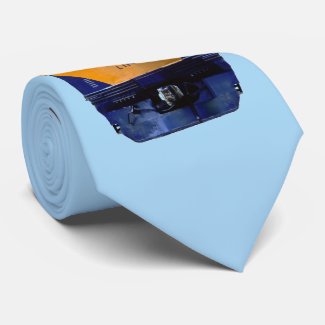
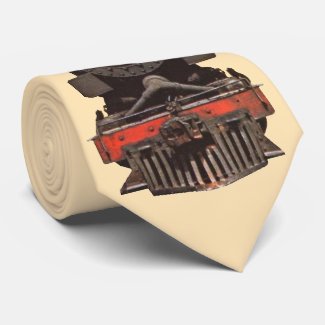
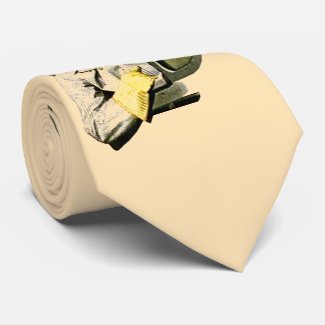

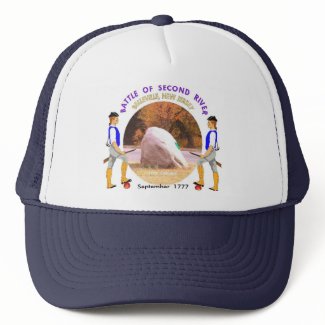




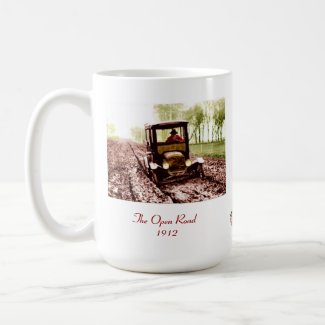
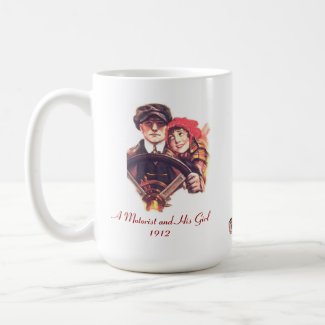
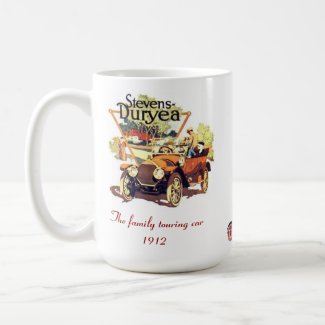
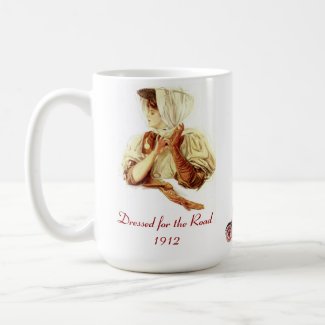




<< Home